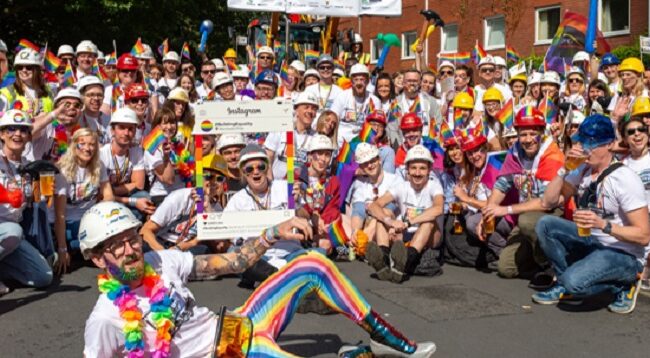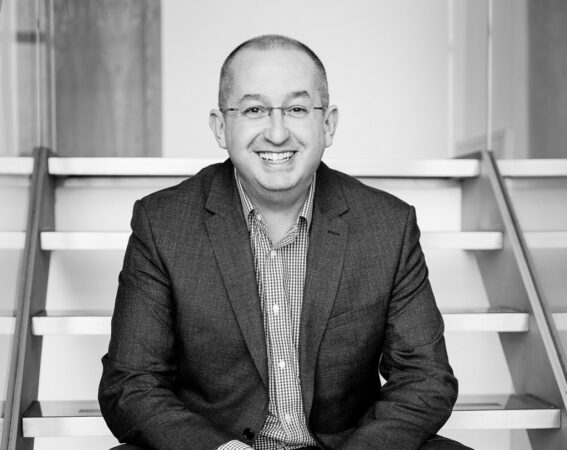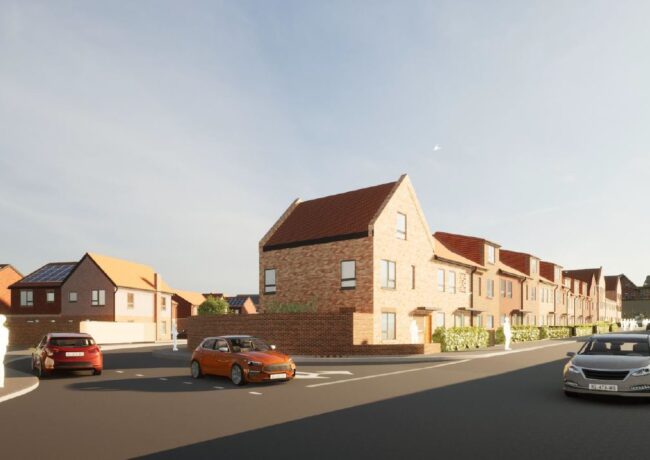‘I am not welcome because I am not already there’
Inclusiveness, equality and diversity are about much more than race and gender.
One in four people will suffer from some kind of mental health issue in their lives, according to a study carried out by mental health charity Mind. It is important, therefore, to ensure that organisations have structures and processes in place to support those who need it.
Bolton-based construction firm Seddon Construction rose to the challenge of tackling the stigma behind mental health in what is traditionally a male-dominated and masculine profession, after Jordan Bibby, one of Seddon’s workers, took his own life in September 2017.
Banishing the stigma on mental health
Seddon has since created a team of mental health first-aiders, trained to recognise the signs that colleagues may be struggling and need help, as part of an initiative known as Jordan’s Conversation.
Peter Jackson, managing director of Seddon, who is approaching his 15-year anniversary with the firm, said there is an emotional connection between the employees and the company, something he puts down to the time and care that Seddon invests in its workers.
“When people support each other, you have got your culture right. All you want at the end of the day is someone to listen to you sound-off or give you advice or to say, ‘I can’t help you but I know someone who can’.
“That is what Jordan’s conversation is all about,” Jackson said.
Creating an environment where everyone feels comfortable and supported is key to the wellbeing of workers but also the productivity of a company.
This inclusive support extends beyond those suffering with mental health issues, for example to those within the LGBT+ community or those with disabilities.
Culture of inclusion
Ultimately, the question must be asked: ‘How well is the property industry doing with regards to creating workplaces that are inclusive and appropriate for everyone?’
Luke Ives is the chair of Building Equality in Greater Manchester, an organisation set up to drive LGBT inclusion in the placemaking industry.
Ives thinks professional bodies such as the RICS can play an important role in pushing for diversity as it represents a large range of companies and individuals.
“Nobody is expecting an SME to have a dedicated LGBT+ network and that’s where professional bodies should come in in supporting them with diversity,” he said.
A lot of the initiatives are employee-led, grass roots operations but Ives believes there should be more “senior leadership buy-in” to such initiatives.
“We need organisations that are going to stand up and speak out for minorities, to visibly and vocally stand beside their minority employees.” he said.
For companies looking to become more diverse and make a concerted effort to being inclusive, Ives said the first step was simple: talk to your employees.
“Ask them what they want. Survey your employees and see where they stand on the situation. That’s when you can start taking actions and delivering.”
“[Companies] should not wait for others to do it. They should be innovators and lead the way.”
A 2019 report into equality in the workplace, produced by LGBT+ rights charity Stonewall, makes for grim reading.
One in five LGBT staff had been the target of negative comments or conduct from a work colleague because they identified as LGBT, while 35% of staff had hidden or disguised the fact that they were LGBT because they were afraid of discrimination.
While these figures are general and do not relate specifically to the property industry, Ives said it could be reasonably assumed that the situation would be worse in the typically male-dominated construction sector.
He said the industry had made “great strides” regarding the visibility of LGBT rights over the last few years but more needed to be done in terms of education to eradicate the “banter culture on site and the use of inappropriate language and behaviour towards LGBT individuals”.
“There are more individuals now standing out and trying to progress inclusion. Slowly, but surely, it is getting better,” Ives said.
Create role models, keep educating
People shouldn’t be afraid to try and educate people on issues surrounding diversity., Ives said.
He added that the high proportion of white middle-aged men occupying senior roles in companies acted as a barrier to inclusion.
“It’s a barrier because of visibility. For me as a gay man, if there were openly LGBT+ people in senior positions that I could relate to, I could see that success in order to be that success.”
The same is true across the board. A lack of diversity, be it regarding women, people of colour, the LGBT+ community, or people with disabilities, will serve to discourage people from within those communities from choosing particular careers.
“When people are at college and university and they look at the industry, they will think ‘I’m not welcome there because [someone like me] is not already there,” Ives said.
Read the other articles in this series:






